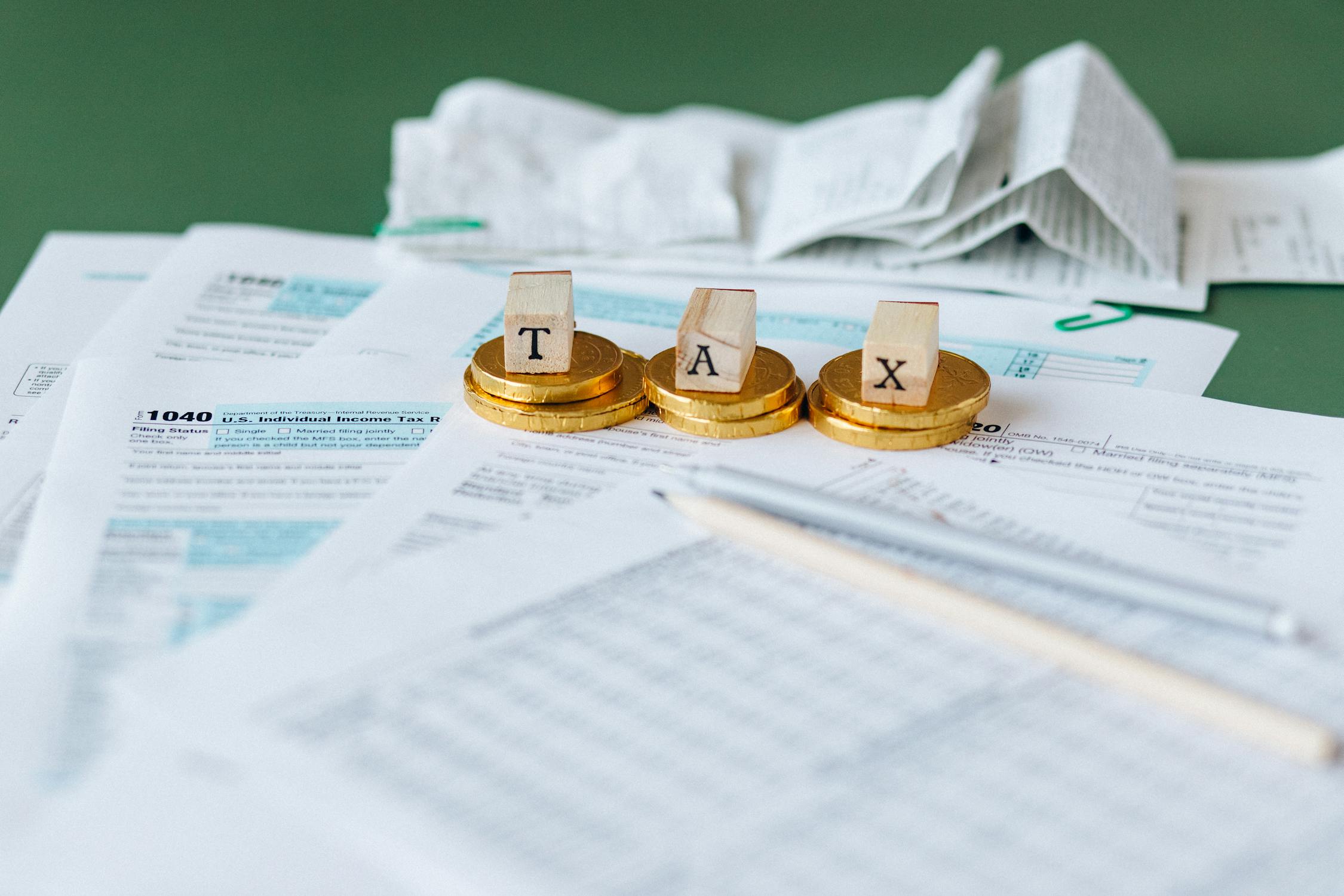Top Tips For Avoiding Financial Fraud

Digital fraud is a big problem as technology continues to rise and replace the traditional form of transactions. In 2020 alone, 4.8 million cases of identity theft and fraud were reported to the Federal Trade of Commissions (FTC). These crimes can target anyone, especially those who are not cautious and can easily be manipulated.
Here are some tips so that you can avoid financial fraud:
Table of Contents
1. Never Share Your Passwords
Passwords exist to give your assets, information, and transactions security. When other people ask you about your passwords, you need to be cautious. Don’t trust anyone with your passwords since they can easily hack into your accounts, and before you know it, you’ll lose your assets.
If you write down your passwords, make sure to keep them in a safe and secure place where no one can see them. It’s best to keep your passwords unpredictable too. Don’t use your name, birthday, or other personal information that can easily be guessed.
Banks, aside from your PIN and passwords, alert you with a One Time Password (OTP) for double security to make sure that you’re the one having the transaction. Some people don’t subscribe to an OTP because they think it’s a nuisance. However, it’s a great way to alert you if someone’s trying to log into your accounts.
Another way to strengthen your password is to allow two-step verification for your accounts. You’ll log in using your password, and then a pin code will be sent to either a valid email address or phone number that you’ll enter to continue. This will help the site ensure that you’re the true owner of the account.
2. Don’t Make Transactions On Open Public Networks

Public places like malls, hotels, restaurants, and airports have open Wi-Fi networks that have low-security standards to be accessible for many people. When you log in to this unsecured network, fraudsters can easily access and intercept your information.
Many crypto and Forex traders often connect to public networks for their daily trading transactions. Crypto traders may be busy choosing coins to invest on, while Forex traders may be torn in choosing a lot size. It’s important to be cautious on public networks you’ll be connecting to, or your trade gains will be all gone.
3. Look Out For Too Good To Be True Offers
Thieves target you by offering high return investments. Most of the time, out of greed, you’ll be tempted to earn a lot of money easily. Yet, in the end, you’ll lose your savings with the scheme fraudsters have done to attract you. Make it a hobby to always be vigilant with the people who talk and send you messages. Invest only with licensed banks, brokerages, and financial planners.
4. Be Careful With Impersonation
One of the tricks fraudsters do is pretend to be a bank, brokerage, financial planner, or other known institution associates. Fraudsters invest their time to lurk around social media to know intimate details about you.
When they finally get the information they need, they’ll send you messages impersonating employees of known institutions to ask for your passwords, debit and credit card numbers, and other significant information to open your account and get access to your assets.
Always double-check the people suddenly sending your messages and emails. No institution would ask for your security pins and card numbers out of the blue. If there are any unaccounted messages from banks, brokerages, and financial institutions, report them immediately.
5. Read A Site’s Privacy Policy
Because a site’s terms and conditions are too long to read, it has been the norm to skip over them. But you shouldn’t do this. This is because there are cases where the site has low privacy security, so you’ll be in jeopardy once you access the site.
If you read the site’s privacy policy and you’re not comfortable with it, don’t push on. Instead, go and find sites that are encrypted with security features so fraudsters can’t easily hack them.
6. Keep Your Devices Up To Date
Phones, desktop computers, and laptops have system updates from time to time. These updates include the latest security to protect your devices from viruses, hacks, and other attacks. Even if it takes long hours to update the system, you need to be patient so that your information, money, and transactions through your devices will always be safe.
7. Protect Your Personal Information

Be careful of what you share on your social media. You might think you’re sharing harmless pictures of your daily activities, but fraudsters are keen on diving deep into your posts and pictures so they can get the details they need.
For example, a simple picture taken by a friend and posted on their account can accidentally include your address or card number, so always make sure that you review photos before you upload them.
Conclusion
Frauds are everywhere, so you need to be careful in sharing information. Don’t trust anyone if they are not from licensed banks, brokerage, and financial institutions. It’s best to have high-security measures for all your accounts and apply the available verification processes offered.






